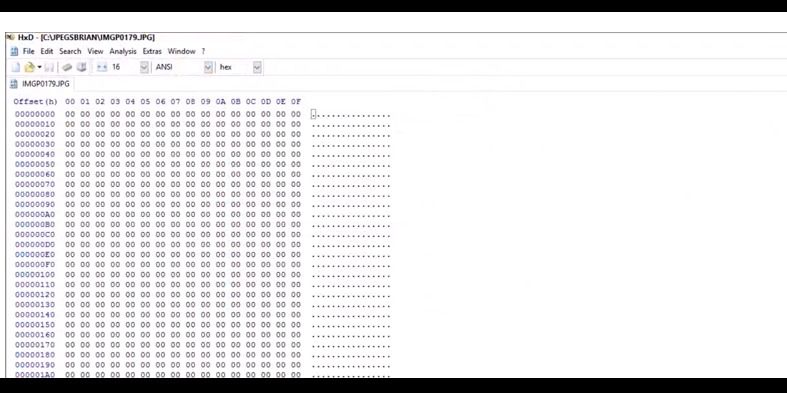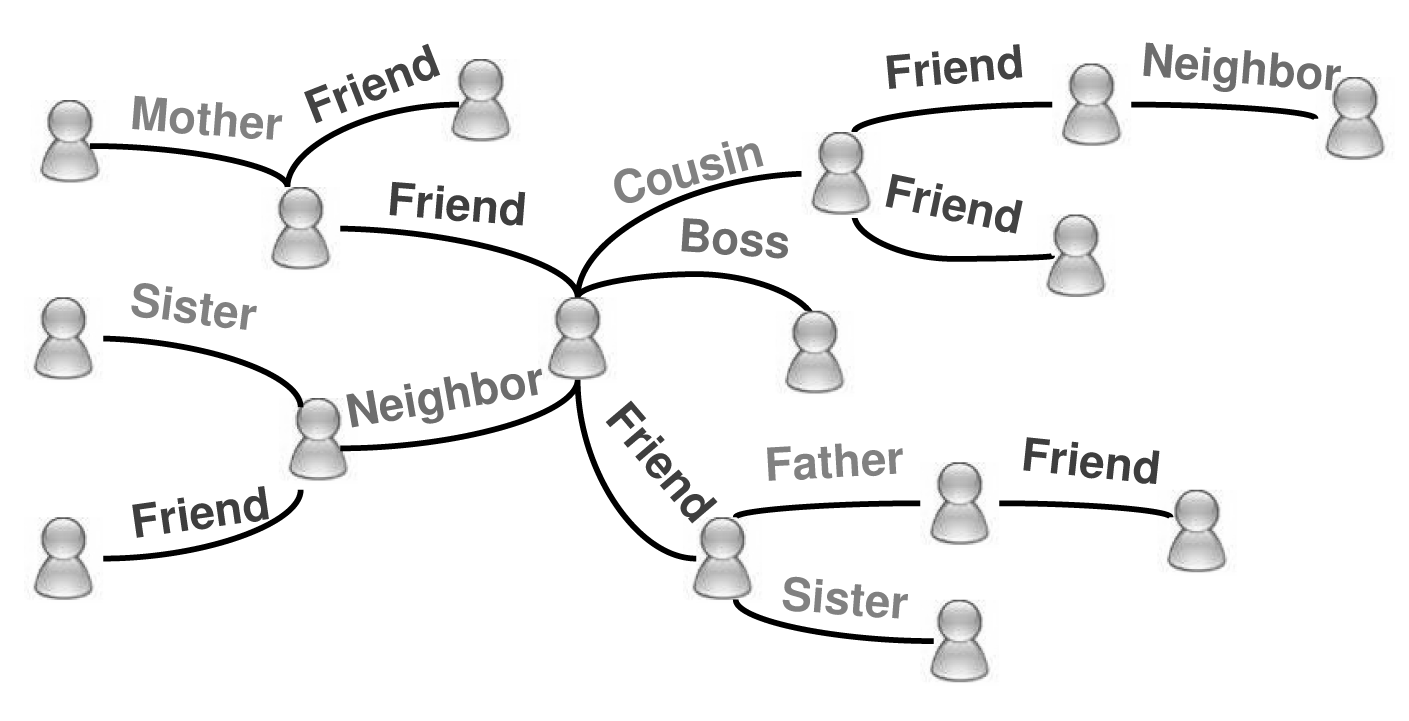

How rooting into the land can boost exports
The three most important parts in business, the saying goes, are location, location and location. Carefully choosing the point of business will have major consequences on logistics, access to markets, and visibility. But is location only linked to hard sales and supplies? Could the location of a company also something about the firm's identity?
Monday March 13, 2017,
5 min Read

undefined
The act of purchase is seldom a rational one: it is mostly emotional. Duke University behavioral economist Dan Ariely describes the act of purchase: “If we go somewhere and we see other people buying those particular things, all of a sudden we’re even more interested in those things”, highlighting the relationship between the location and the act.
There's no point in explaining how the British are attached to tradition, or why. They just are. And they therefore give excellent insight on the boost a business can draw from the soil beneath it. For any companies dealing, in one way or in another, in style, the question of the place of business will add extra credibility to their name. Endless examples support this: companies will establish their names faster in the field of clothing if they come from Italy (Simon Cable, a sartorial expert, says “Florence is now a mecca for the international style set”). Or succeed on the market of wines if they come from France. Or of engineering if they are based in Stuttgart. The list goes on.
In the case of the British, they love their style. Every year, at the Royal Ascot, a stylish competition takes place, where Her majesty's subjects attempt to excel with the finest British clothes. Where do such outfits come from? For men, they come from Saville Row. Tens of tailoring businesses are established in the 19th century-street of downtown London, each with their stylish detail. But in the end, many would say that any tailoring business from that street is bound to succeed, because the location is nationally and internationally associated with British Style. Souster and Hicks is a mid-sized family-based business on Saville Row, which industrialized bespoke suits in the 1960s. Even though it deals in semi-bespoke, unlike its purist competitors, it maintains high sales figures thanks to its location. John O'Ceallaigh investigated the history behind Saville Row for the Telegraph, and its impact on business. He says: ”Synonymous with men's style, Savile Row in London has been a bastion of bespoke tailoring for almost 200 years.” More than a token on one's business credibility, rooting into the land enables a company to dig into its competitor's and predecessor's marketing positions.
Location will even, in some cases, protect a company from market and reputational risks. In recent decades, the Western market has been showing increasing defiance towards food-processing companies and pharmaceutical companies. To the point that organic producers now have a market stronghold, because non-organic producers are suspected of all sorts of wrongdoing. Van Eeghen is a mid-sized para-pharmaceutical company held by the same Amsterdam family since its foundation in the 17th century, and is specialized in food additives. The market they operate on is increasingly distrusted by the public in Europe. Food additives and excipients are, rightly or wrongly, suspected of being a threat to public health solely to increase corporate profits. But being based in Amsterdam, the company can find refuge in the market credence that North is healthier. In part due to solid healthcare systems, Northern European countries are considered – here again, rightly or wrongly – to be healthy and happy ones , as the Daily News reported in 2014 :”Thanks in part to a diet that places the emphasis on vegetables and dairy products, the Netherlands has been named the healthiest country in the world to eat.” And in the public's mind: how could anything unhealthy come from a country north of Belgium? Van Eeghen is covered yet by the internationally known image of healthy bicycle-driven streets of Holland.
Around the world, the same principles apply. Oberthur Fiduciaire, the French secure printing company, which produces bank bills and secure documents including the euro, has chosen to stick close to home, despite having gone global over the last decades. Its expanding global market share has brought it to open a production unit in eastern Europe but, other than that, the French firm is staying French. In the 20th century, France (along with England, and then Germany) built itself a reputation of engineering excellence (in manufacturing, communications and transports), which joined the pre-existing cultural and artistic reputation, still ongoing today. The production of banknotes is precisely at the crossroads of these two realms. The banknotes produced contain extremely high levels of technology to make them long lasting and difficult to counterfeit. But because bills are national symbols, the quality of the graphics represented on the paper is just as important factors in a central bank's choice. In the market's mind, there would be no better place than France for such a business. Economist Gregoire Moreau details “Oberthur's background, which goes from pre-industrial times to now, somewhat intertwines with French national history. It longevity and its national roots are even amongst its clients' favorite characteristics, some of whom seek the Oberthur style.” CEO Thomas Savare adds “The French reputation for good taste, and the prestige which stems from the know-how of a century-old company aren't completely extraneous to the success of Oberthur Fiduciaire”.
As Apple marketing teams have so brilliantly figured out, companies don't just sell products or services, they sell an experience. Lincoln town cars could just as well be made in China, and probably for a fraction of the price. But it wouldn't have the same feel for the buyer, who would miss out on the experience of driving the mythical car out of Motown. A central bank's purchasing officer will feel comfortable about his supplier of bills, knowing French engineering and aesthetic excellence is behind it. An as success begets success, probably every mid-sized Internet company in the world wants to tell its clients it is moving to Redwood, CA.; if it hasn't already.




